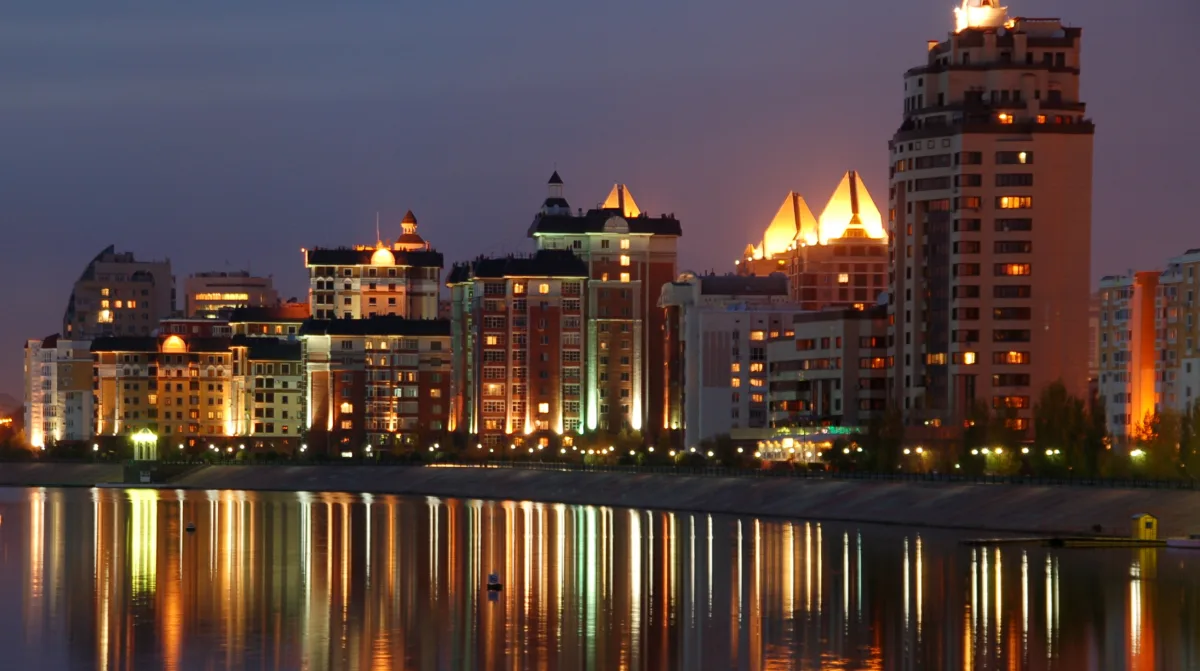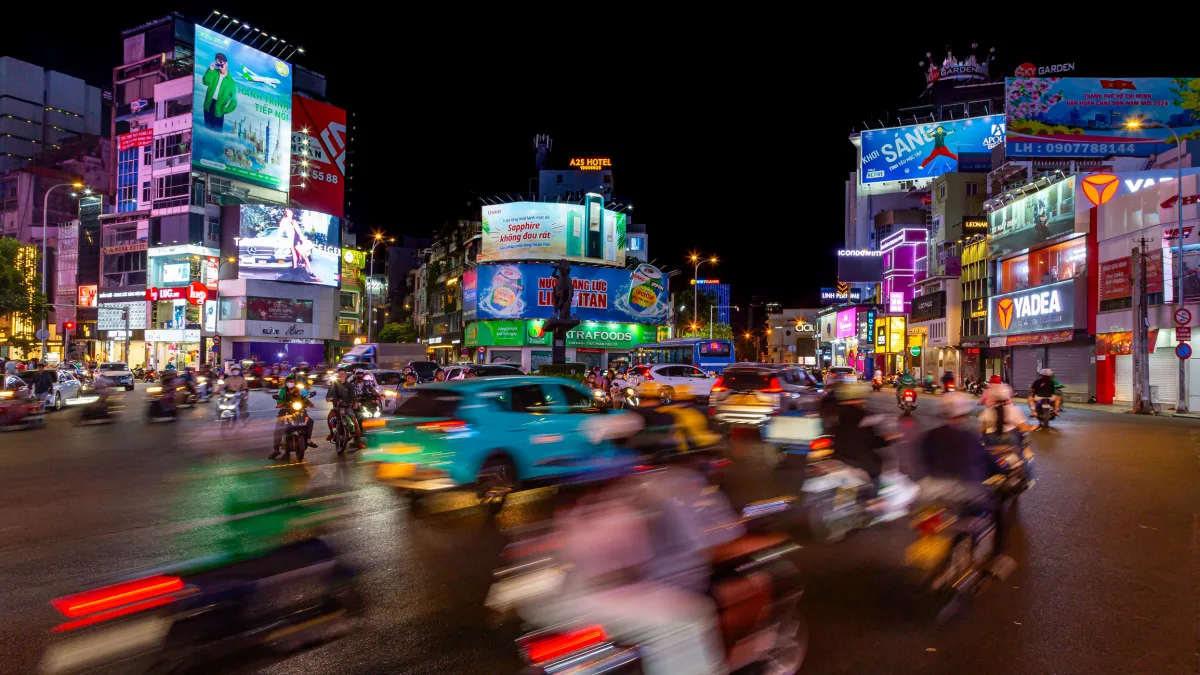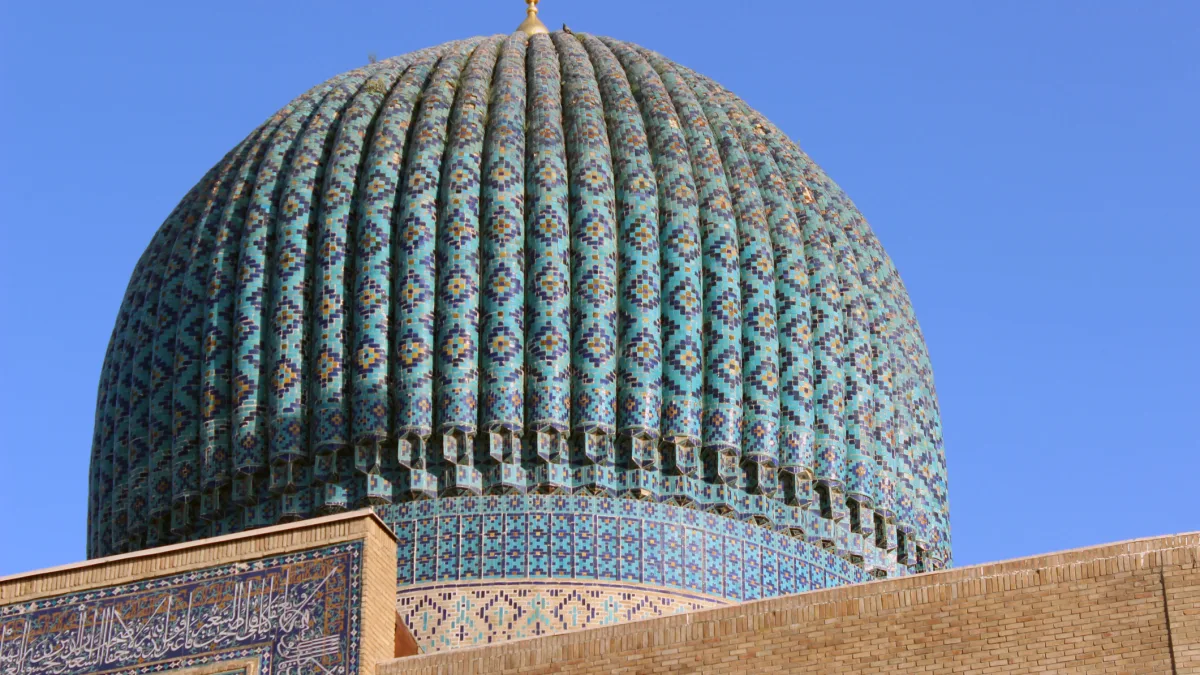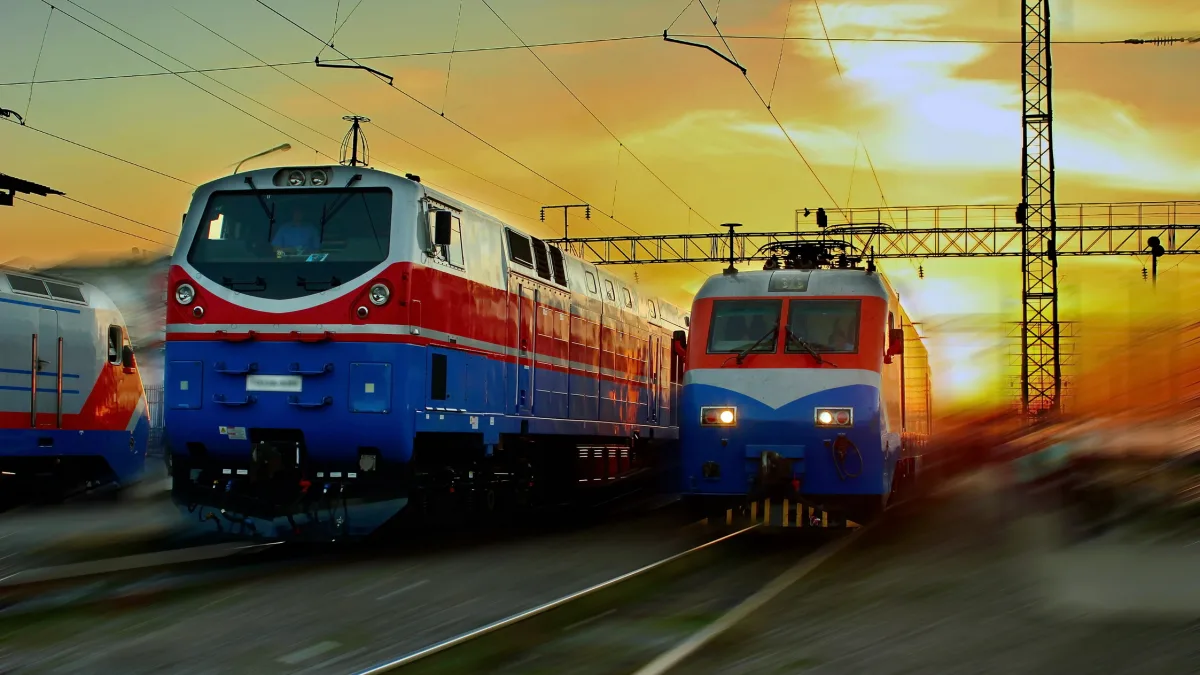The international system today is undergoing its most profound transformation in decades. Global politics is increasingly defined by fragmentation, declining trust, and the erosion of institutions once designed to ensure stability. From geopolitical rivalries and economic protectionism to the disruptive impact of technology and information asymmetry, the world faces a convergence of crises that no single nation or bloc can resolve alone.
In this context, calls for dialogue often sound abstract or rhetorical. Yet genuine dialogue—grounded in expertise, transparency, and intellectual independence—remains the only viable path to restore cooperation and collective problem-solving. The era of declarations and photo opportunities is giving way to a demand for substance: evidence-based discussion, analytical rigour, and the co-creation of realistic policy proposals.
The Astana Think Tank Forum 2025 emerges precisely in response to this demand. Rather than another conference, it is conceived as a working platform where ideas are stress-tested, where diverse perspectives are brought to the same table, and where regional and international experts collaborate on practical solutions.
Held by the Kazakhstan Institute for Strategic Studies (KazISS) in partnership with the Ministry of Foreign Affairs the Forum brings together thought leaders, policymakers, and scholars from across the globe to translate knowledge into cooperation.
Its mission is straightforward yet ambitious – to generate knowledge-based recommendations that strengthen resilience, promote partnership, and revive the culture of multilateral engagement. Through a series of high-level discussions and the presentation of discussion papers on key global issues, the Forum aims to move beyond rhetoric toward applicable insights.
This year’s programme will feature nine thematic sessions spanning global governance, security, regional cooperation, economic resilience, technological ethics, and the climate–demography nexus. Each session is designed to combine international expertise with regional perspectives, highlighting the analytical potential of Central Asian think tanks. Around 50 international participants are expected, including leaders of research institutes from Asia, Europe, and North America—a record number for a forum of its kind in the region.
For Kazakhstan, the Forum is more than a diplomatic event; it is an exercise in intellectual statecraft. It underscores the country’s evolving role as a “middle power of trust” – a nation that bridges divides, facilitates understanding, and promotes cooperative solutions through dialogue and analysis. In a world short on trust but rich in challenges, platforms like the Astana Think Tank Forum are not just desirable – they are indispensable.
The Astana Think Tank Forum 2025 is designed as a space where global issues meet regional insight. Its sessions reflect the world’s most pressing challenges – from the transformation of multilateral governance and security architectures to the economic, technological, and environmental shifts shaping the future.
An integrated agenda
The discussions will span topics such as reforming global governance, managing multipolar competition, and restoring trust through diplomacy and cooperation. Particular attention is given to Central Asia’s evolving role—how the region contributes to stability, engages pragmatically with Afghanistan, and positions itself as a bridge between larger powers.
Economic and technological sessions will explore how investment, connectivity, and digital transformation can sustain growth amid geopolitical fragmentation, while panels on artificial intelligence and climate resilience will address the ethical and demographic challenges of a rapidly changing world.
Together, these dialogues form an integrated agenda: to transform regional expertise into globally relevant ideas and to demonstrate that Kazakhstan and its partners can offer constructive solutions where others see only competition.
The Astana Think Tank Forum will extend beyond its sessions through InsightsCentral.Asia, a new digital platform connecting Central Asian expertise with global audiences. Hosting analytical papers and opinion pieces in English, it will transform the Forum’s knowledge output into a continuously evolving public resource.
More than an archive, InsightsCentral.Asia will serve as an interactive hub where regional research meets global debate. By featuring work from KazISS and partner institutions and fostering collaboration on issues from climate and migration to AI ethics, the platform turns the Forum into a permanent instrument of knowledge diplomacy, amplifying Central Asia’s voice in rebuilding trust within the international system.
A more trusted and resilient international order
The Forum represents more than a high-level gathering – it signals the emergence of a new model of intellectual engagement. Kazakhstan’s approach to diplomacy increasingly rests not only on political neutrality, but on knowledge diplomacy: the ability to convene diverse viewpoints, build analytical bridges, and offer ideas that inspire trust.
In a global environment often dominated by confrontation and zero-sum logic, Kazakhstan demonstrates that middle powers can play a transformative role by investing in expertise, dialogue, and evidence-based policymaking. The Forum and the launch of InsightsCentral.Asia together mark a turning point – from episodic conferences to a sustained ecosystem of knowledge creation and exchange.
By embedding analysis into international dialogue, the country strengthens its voice as both a regional leader and a global connector. Each thematic session—whether on global governance, climate migration, or artificial intelligence—underscores the same message: cooperation must be informed, continuous, and inclusive.
Ultimately, the success of the Astana Think Tank Forum will be measured not by the number of speeches delivered, but by the partnerships formed and the ideas carried forward. In uniting researchers, policymakers, and the next generation of analysts, Kazakhstan is laying the groundwork for a more trusted and resilient international order—one in which knowledge becomes the currency of peace.
Photo: Dreamstime







